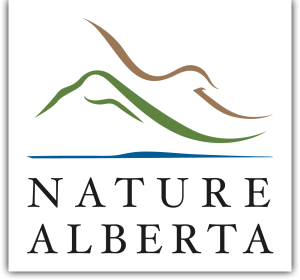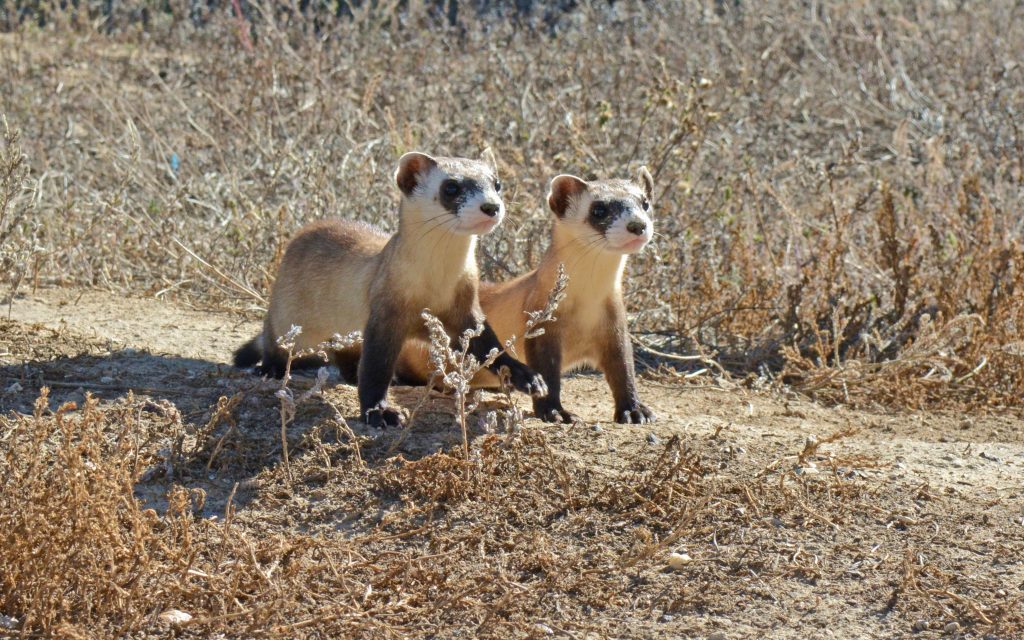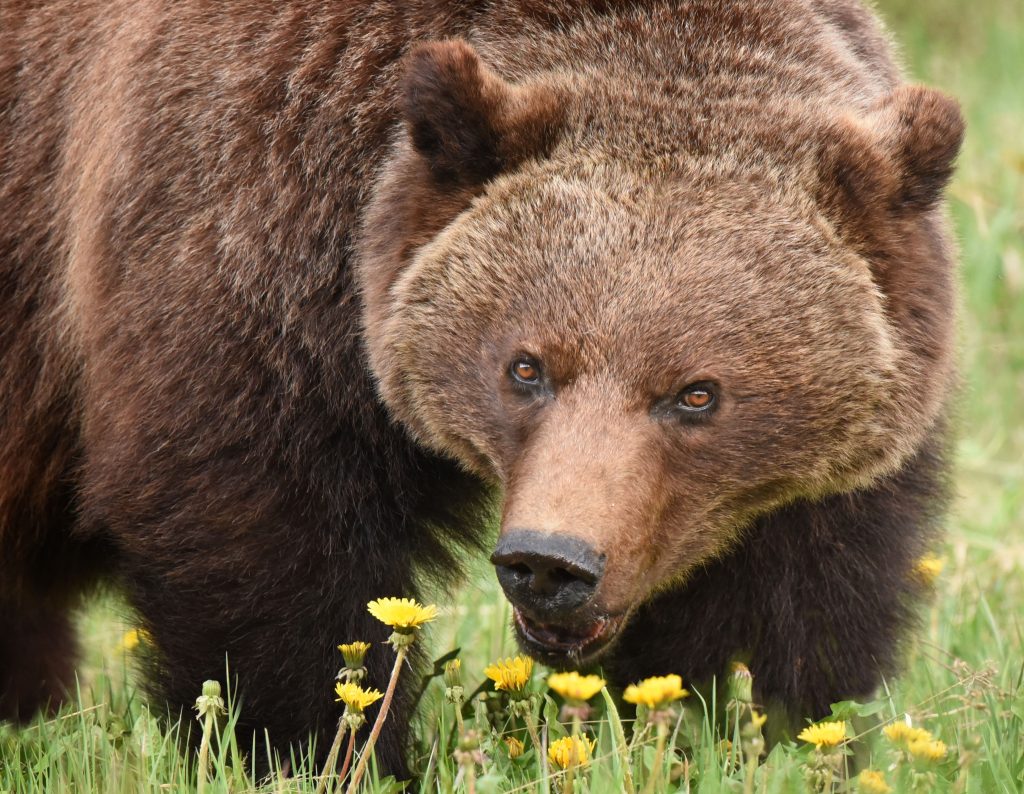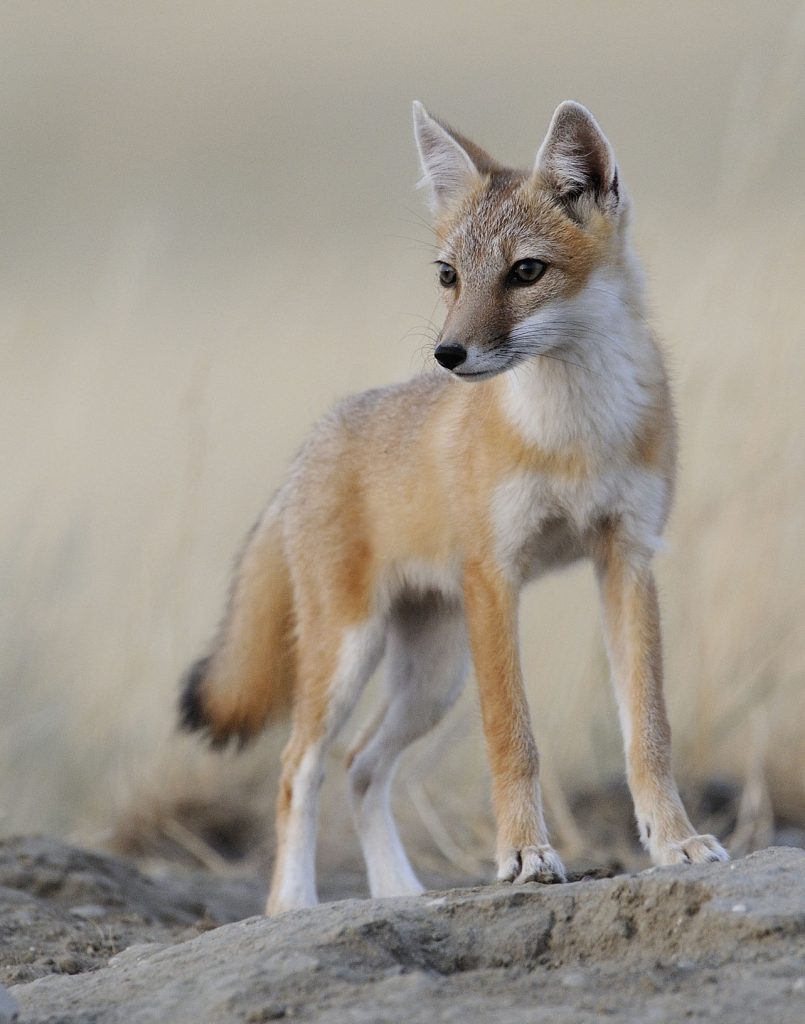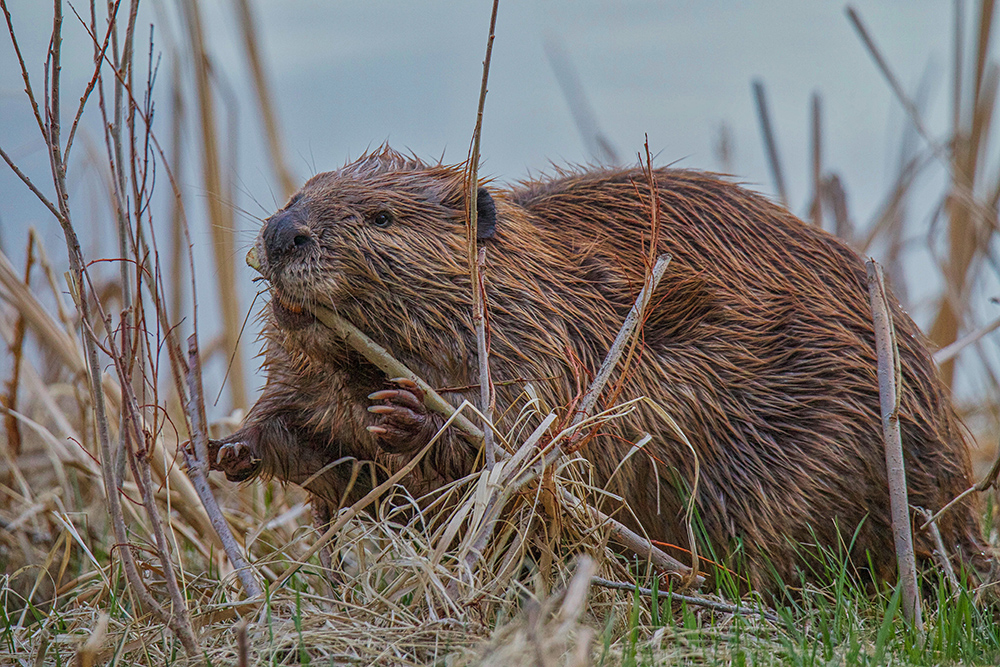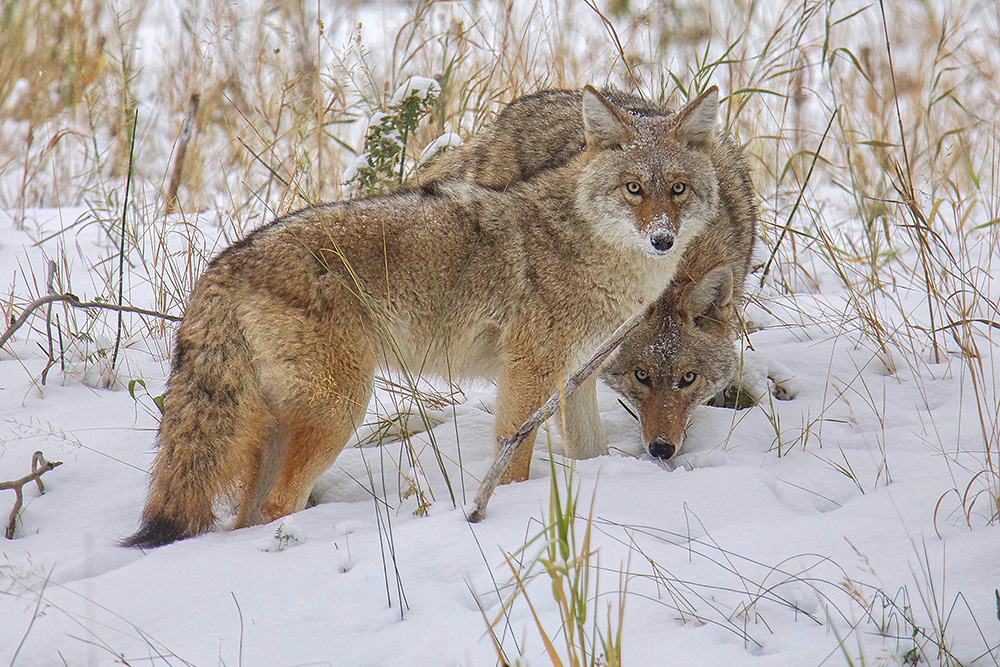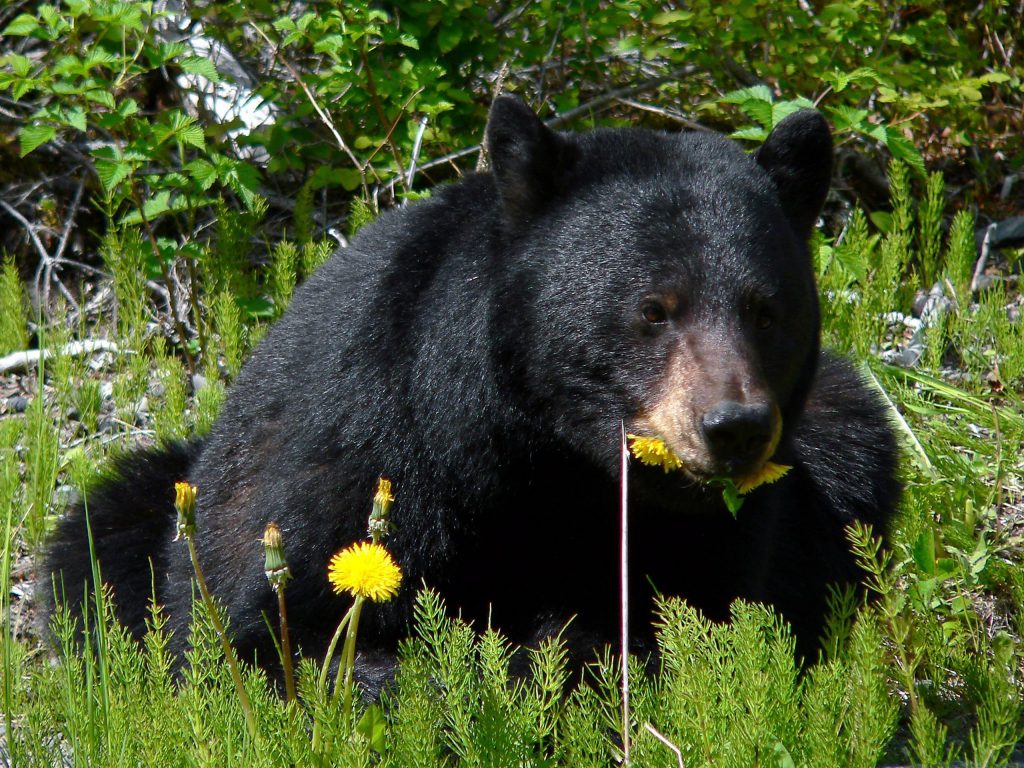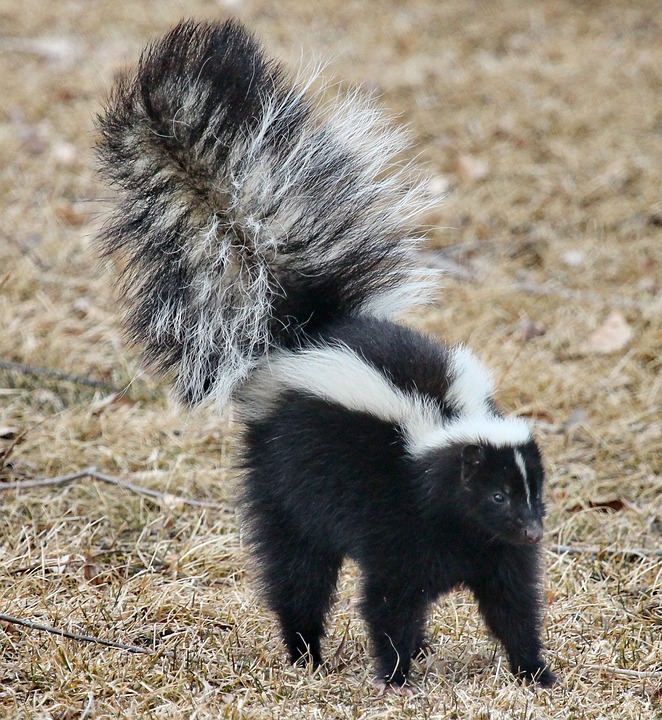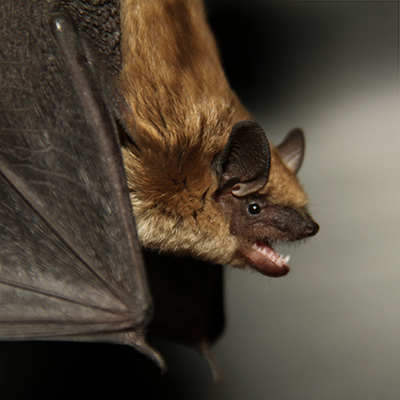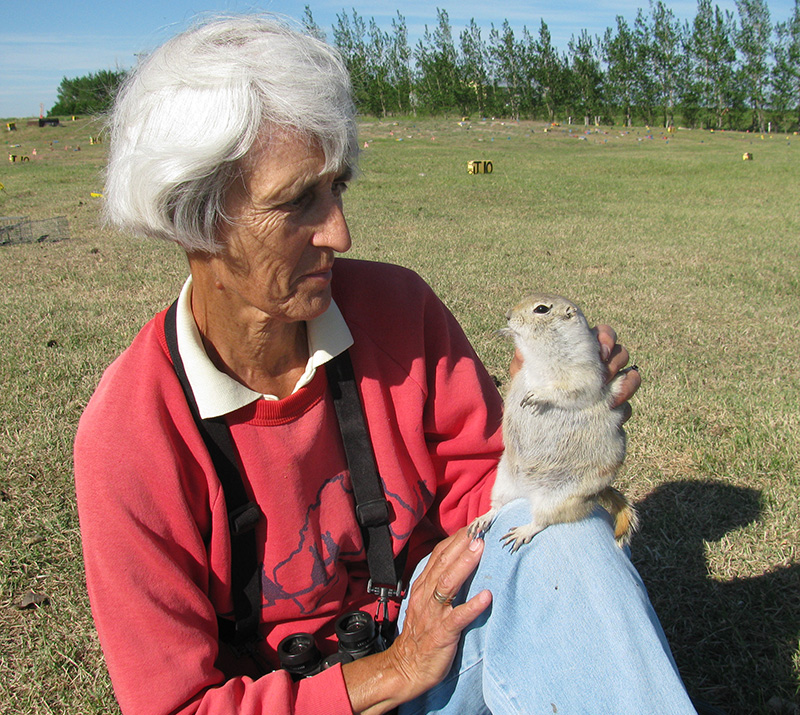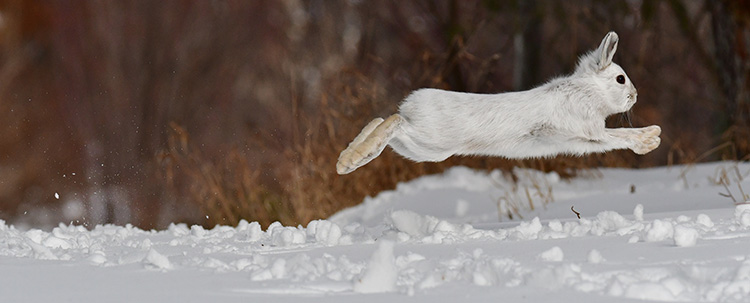Mammals
This page features articles and video presentations about Alberta's mammals. See our Featured Species page for information on other species.
The Case of the Missing Prairie Bandit
BY ARYA HORON
One hundred years ago, the prairie bandit was abundant across North America grasslands. By 1979, scientists believed it was extinct. This led to the question: where did the prairie bandit go?
Read MoreBear Tracks
BY COLLEEN CASSADY ST. CLAIR
How can we protect grizzly bears from trains in the mountain parks?
Read MoreThe Swift Fox: A Canadian Conservation Success Story
BY LU CARBYN, NIKKI PASKAR, KRISTY BLY, AND RICHARD SCHNEIDER
The swift fox reintroduction program successfully brought the fastest member of the wild dog family’s population from Extirpated to Endangered, and finally to Threatened. Although it began with an illegal publicity stunt by a game farm, structured efforts soon followed. Habitat conservation continues to be a key issue for swift fox populations.
Read MoreWhere Beavers Go, Surprises Follow
BY GLYNNIS HOOD
It’s an usually warm day in January and my snowshoes are only partially necessary on the frozen ponds that aid my route through the Ministik Game Bird Sanctuary. As I rest against a beaver lodge to have my tea, I realize that after all these years, there is still so much more to learn about these rodents, which can engineer entire landscapes unlike any other mammal, other than humans.
Read MoreKeep Those Wily Urban Coyotes Wild!
BY COLLEEN CASSADY ST. CLAIR
I began studying urban coyotes a little over a decade ago because Alberta’s cities, like virtually every city in North America, have seen a steady increase in reports of urban coyotes over time.
Read MoreHow do bears hibernate?
How do bears survive the winter? Find out more!
Read MoreWhy do skunks stink?
Learn about why our furry friends smell so bad!!
Read MoreBat House Monitoring at Ellis Bird Farm
BY SHAYE HILL, MYRNA PEARMAN, CLAUDIA LIPSKI, AND NATALIA LIFSHITZ
Bats are fascinating creatures, playing a critical role in supporting biodiversity.
Read MoreUnderground Life
BY GAIL MICHENER
Richardson’s ground squirrels are regularly seen above ground during daylight hours for seven to eight months of the year, but rarely from late October through late February, generating the perception that they hibernate for a four-month period encompassing winter. Winter does not last that long, so what accounts for such extraordinarily long hibernation seasons?
Read MoreRabbits and Hares
BY MYRNA PEARMAN
It has been my good fortune to have spent, over the past few years, some quality time in the company of each of Alberta’s three native “bunny” species. All three species — which include two hares and one rabbit — have adapted well to human habitation, taking up residence in farmyards, towns, and cities across the province.
Read More- « Previous
- 1
- 2
- 3
- 4
- Next »
